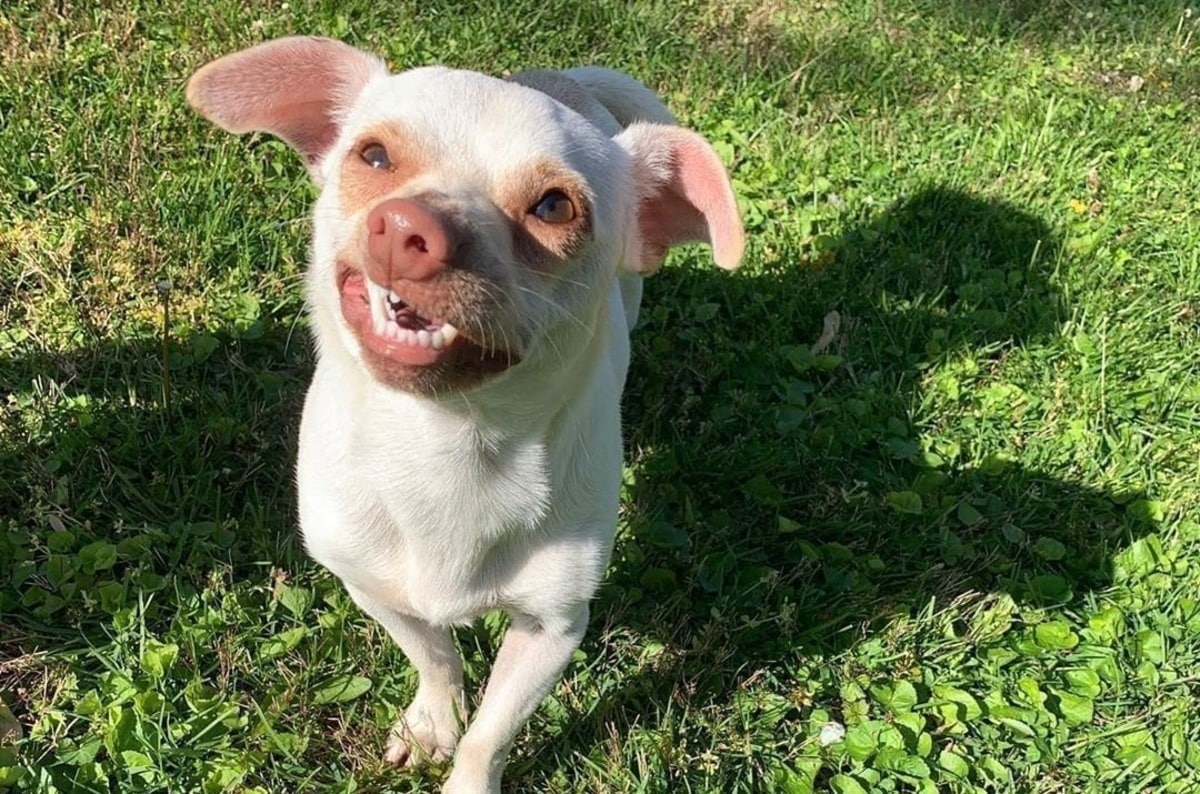 Shutterstock
ShutterstockDental disease is common in dogs and can lead to serious health problems if not treated. It typically begins with plaque buildup, progressing to tartar, gingivitis, and eventually periodontal disease. Certain dog breeds are more prone to dental issues due to genetics, mouth structure, and size. Small breeds, in particular, are at higher risk because their crowded teeth can easily trap food and bacteria. Understanding which breeds are most susceptible helps owners proactively maintain their dogs’ oral health and prevent complications.
Yorkshire Terrier
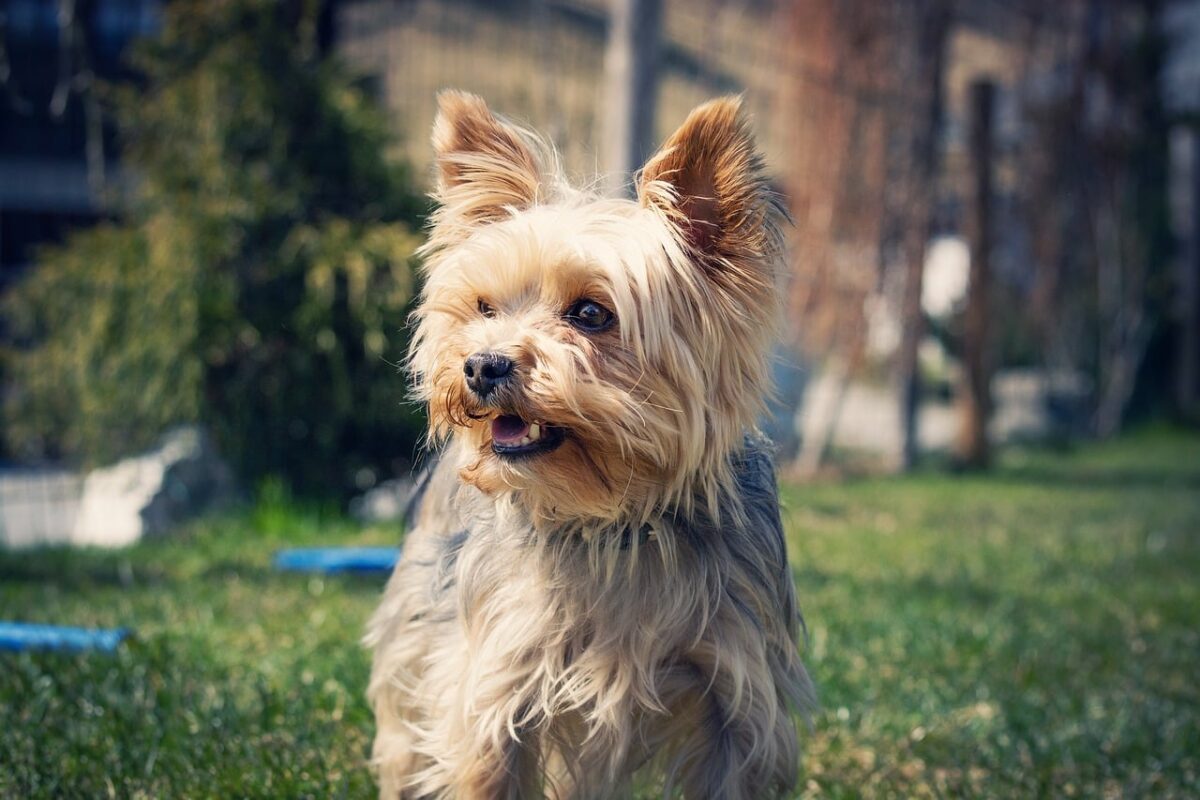 Shutterstock
ShutterstockYorkshire Terriers, or Yorkies, are small dogs with delicate, narrow jaws that can lead to dental overcrowding and misalignment. This makes them particularly susceptible to plaque and tartar buildup, leading to gingivitis and periodontal disease. Their tendency to retain baby teeth also contributes to dental problems. Regular dental care, including professional cleanings and daily brushing, is essential for Yorkies. Providing dental chews and a balanced diet can also help reduce the risk of dental disease. Owners should watch for bad breath, tooth discoloration, and difficulty eating.
Dachshund
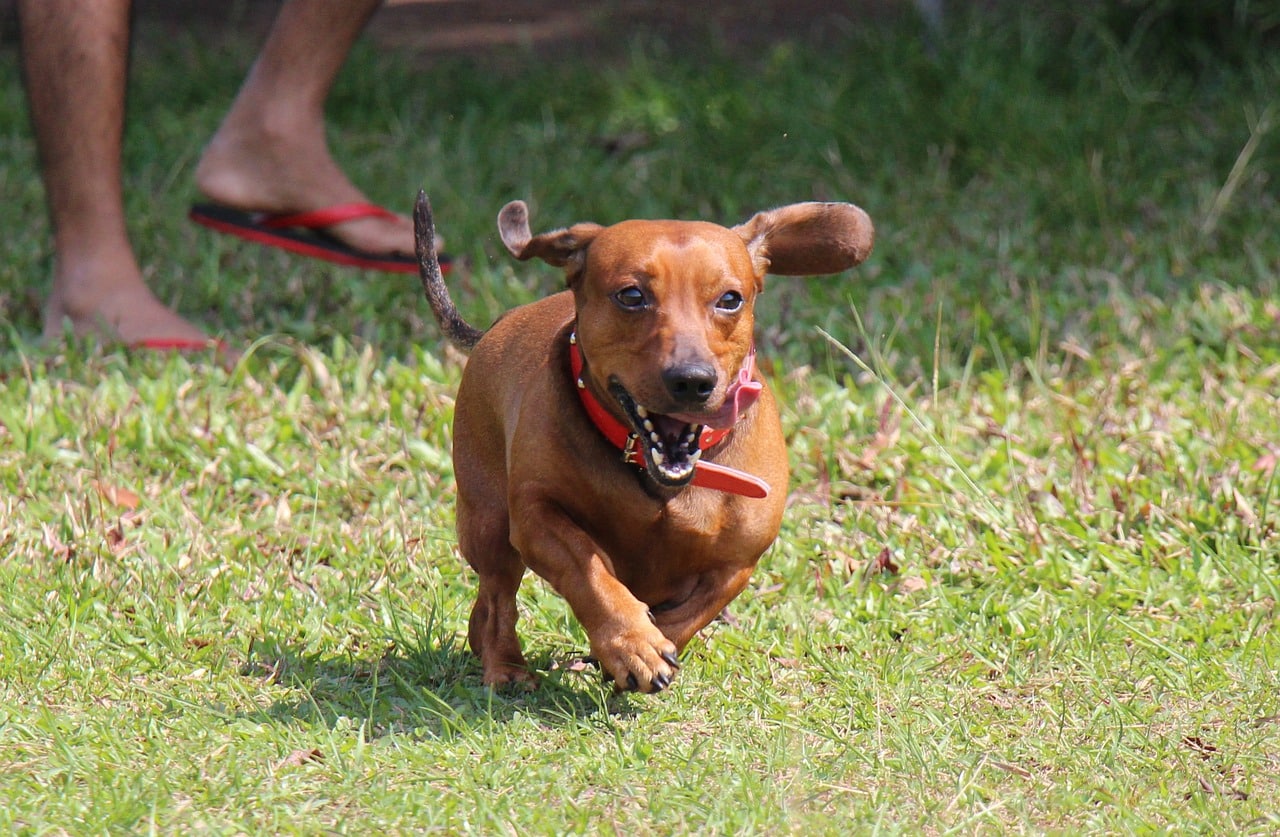 Shutterstock
ShutterstockDachshunds, known for their long bodies and short legs, also have long, narrow jaws that can lead to dental issues. Their crowded teeth make it easier for plaque and tartar to accumulate, leading to periodontal disease if not addressed promptly. Regular dental cleanings and at-home care, including brushing and chewing, are crucial for maintaining oral health. Dachshunds are also prone to tooth decay and gum disease, so owners should monitor for signs of dental problems, such as bad breath, swollen gums, and loose teeth.
Chihuahua
 Shutterstock
ShutterstockChihuahuas are one of the smallest dog breeds, and their tiny mouths often lead to crowded teeth, which can trap food and bacteria. This breed is highly prone to dental issues such as plaque buildup, tartar formation, and periodontal disease. The tight spacing between their teeth makes cleaning difficult, leading to more rapid dental decay. Regular dental check-ups, daily brushing, and providing dental chews can help manage their oral health. Owners should be vigilant for signs of dental problems, such as bad breath, difficulty eating, and swollen gums, and seek veterinary care promptly.
Pomeranian
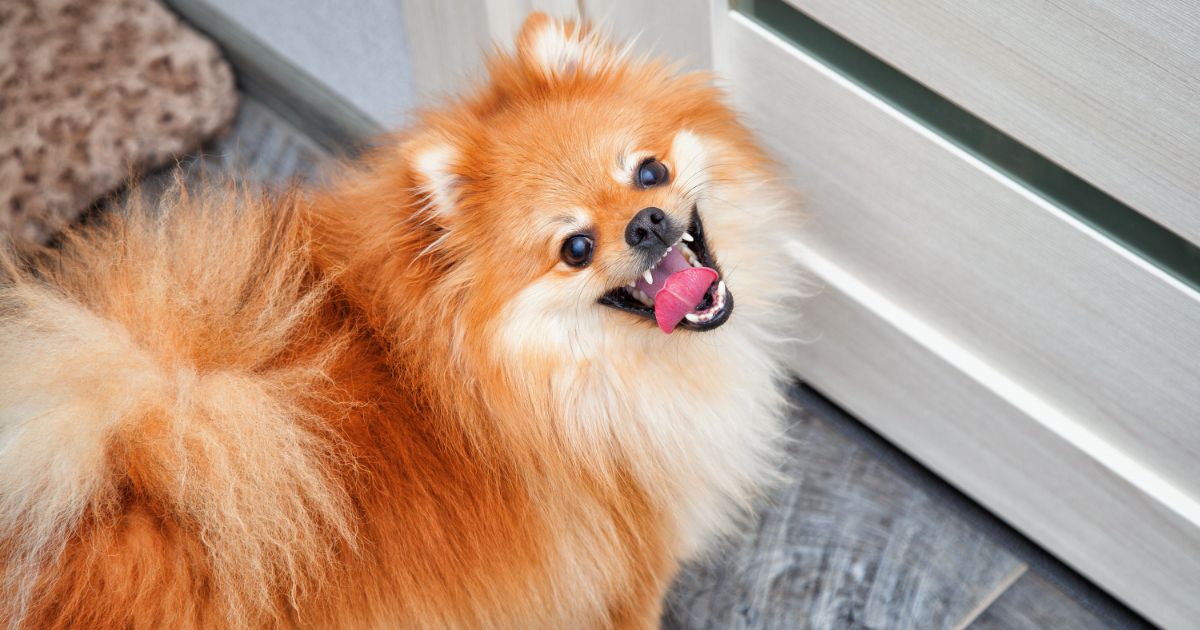 Shutterstock
ShutterstockWith their fluffy coats and lively personalities, Pomeranians are prone to dental disease due to their small mouth size and crowded teeth. Plaque buildup and tartar formation can lead to gingivitis and periodontal disease if not managed properly. Regular brushing, dental cleanings, and providing dental chews can help maintain their oral health. Pomeranian owners should be vigilant for signs of dental issues, such as bad breath, difficulty eating, and inflamed gums, and seek veterinary care promptly to prevent more severe problems.
Cavalier King Charles Spaniel
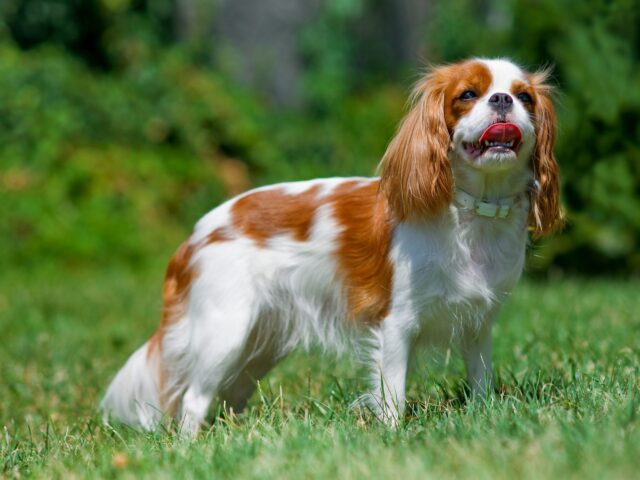 Shutterstock
ShutterstockCavalier King Charles Spaniels are small, affectionate dogs prone to dental disease due to their crowded teeth and narrow jaws. Plaque buildup and tartar formation can lead to gingivitis and periodontal disease if not addressed. Regular dental care, including professional cleanings and daily brushing, is essential for Cavaliers. Providing dental chews and a balanced diet can also help reduce the risk of dental disease. Owners should watch for signs such as bad breath, tooth discoloration, and difficulty eating.
Maltese
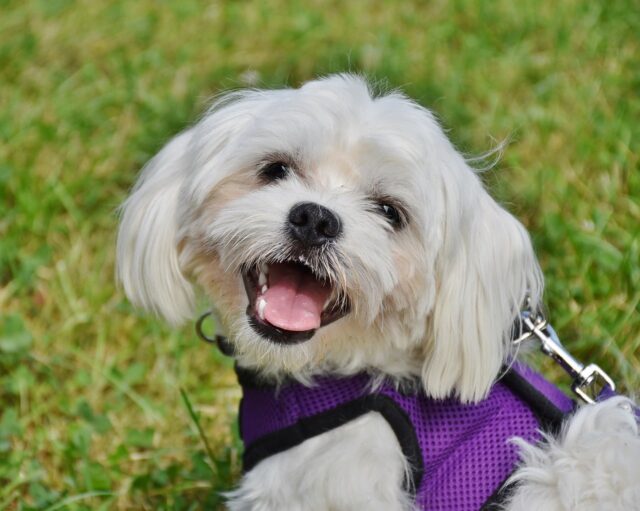 Shutterstock
ShutterstockMaltese dogs are known for their beautiful, silky white coats, but their small mouths and crowded teeth make them prone to dental issues. Plaque buildup, tartar formation, and periodontal disease are common problems in this breed. Regular dental cleanings and at-home care, including brushing and chewing, are crucial for maintaining oral health. Maltese owners should monitor for signs of dental problems, such as bad breath, swollen gums, and loose teeth, and seek veterinary care promptly to prevent more severe issues.
Shih Tzu
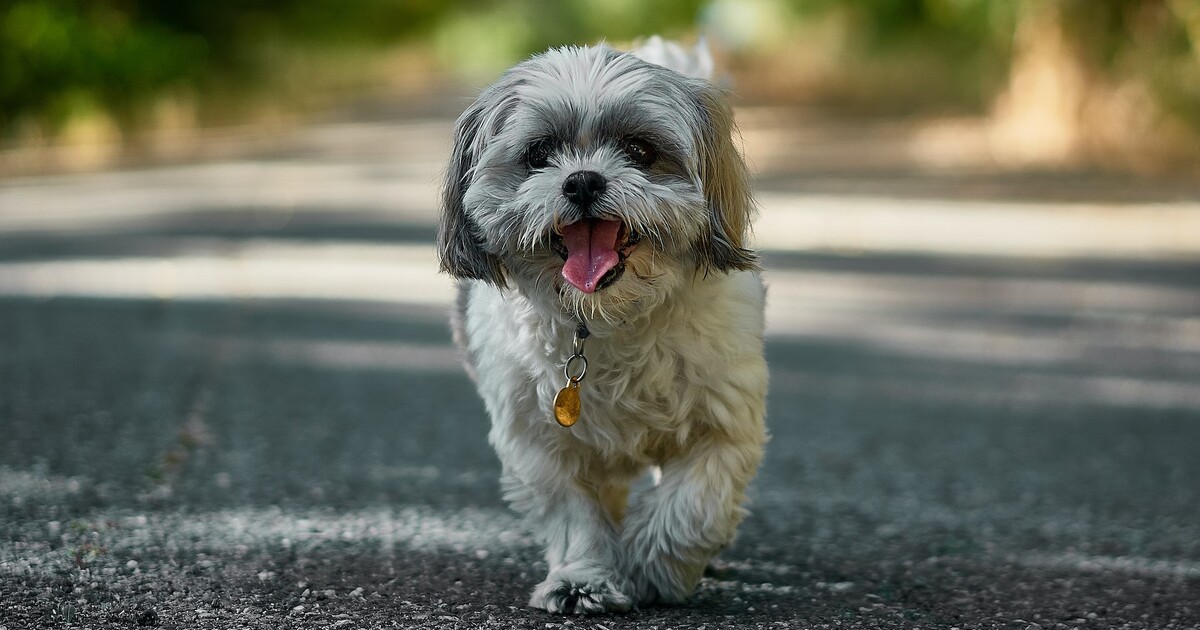 Shutterstock
ShutterstockShih Tzus are particularly prone to dental disease with their distinctive pushed-in faces and small mouths. The breed’s brachycephalic (short-nosed) structure often leads to crowded teeth, which can trap food and bacteria, resulting in plaque buildup and periodontal disease. Regular dental care, including professional cleanings and daily brushing, is essential for Shih Tzus. Providing dental chews and a balanced diet can also help reduce the risk of dental disease. Owners should be vigilant for signs such as bad breath, difficulty eating, and inflamed gums and seek veterinary care promptly.
Poodle
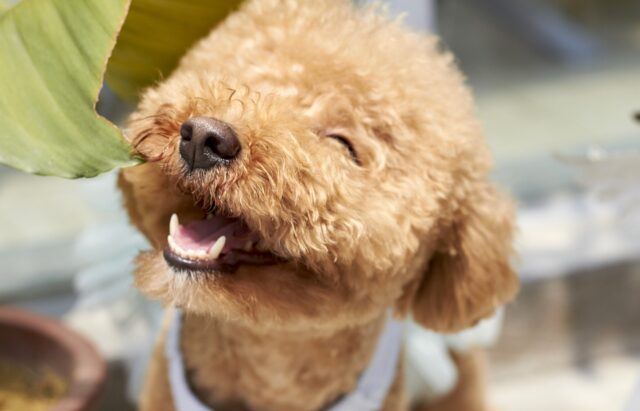 Shutterstock
ShutterstockMiniature and Toy Poodles are intelligent and affectionate dogs, but their small mouths and crowded teeth make them prone to dental issues. Plaque buildup, tartar formation, and periodontal disease are common in these breeds. Regular dental cleanings and at-home care, including brushing and chewing, are crucial for maintaining oral health. Poodle owners should monitor for signs of dental problems, such as bad breath, swollen gums, and loose teeth, and seek veterinary care promptly to prevent more severe issues.
Papillon
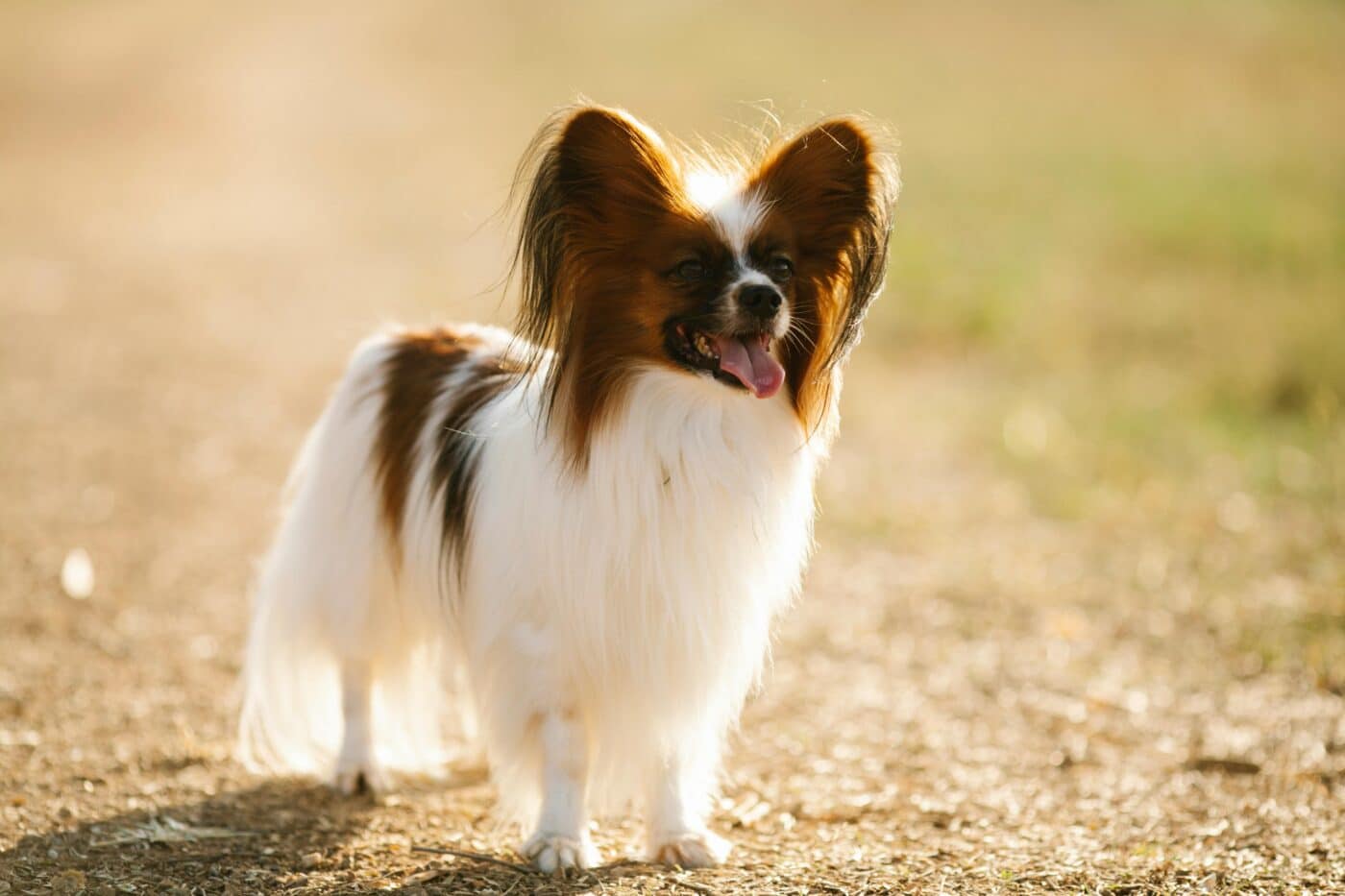 Shutterstock
ShutterstockPapillons are small dogs with large, expressive ears, but their delicate, narrow jaws can lead to dental overcrowding and misalignment. This makes them particularly susceptible to plaque and tartar buildup, leading to gingivitis and periodontal disease. Regular dental care, including professional cleanings and daily brushing, is essential for Papillons. Providing dental chews and a balanced diet can also help reduce the risk of dental disease. Owners should watch for bad breath, tooth discoloration, and difficulty eating.
Japanese Chin
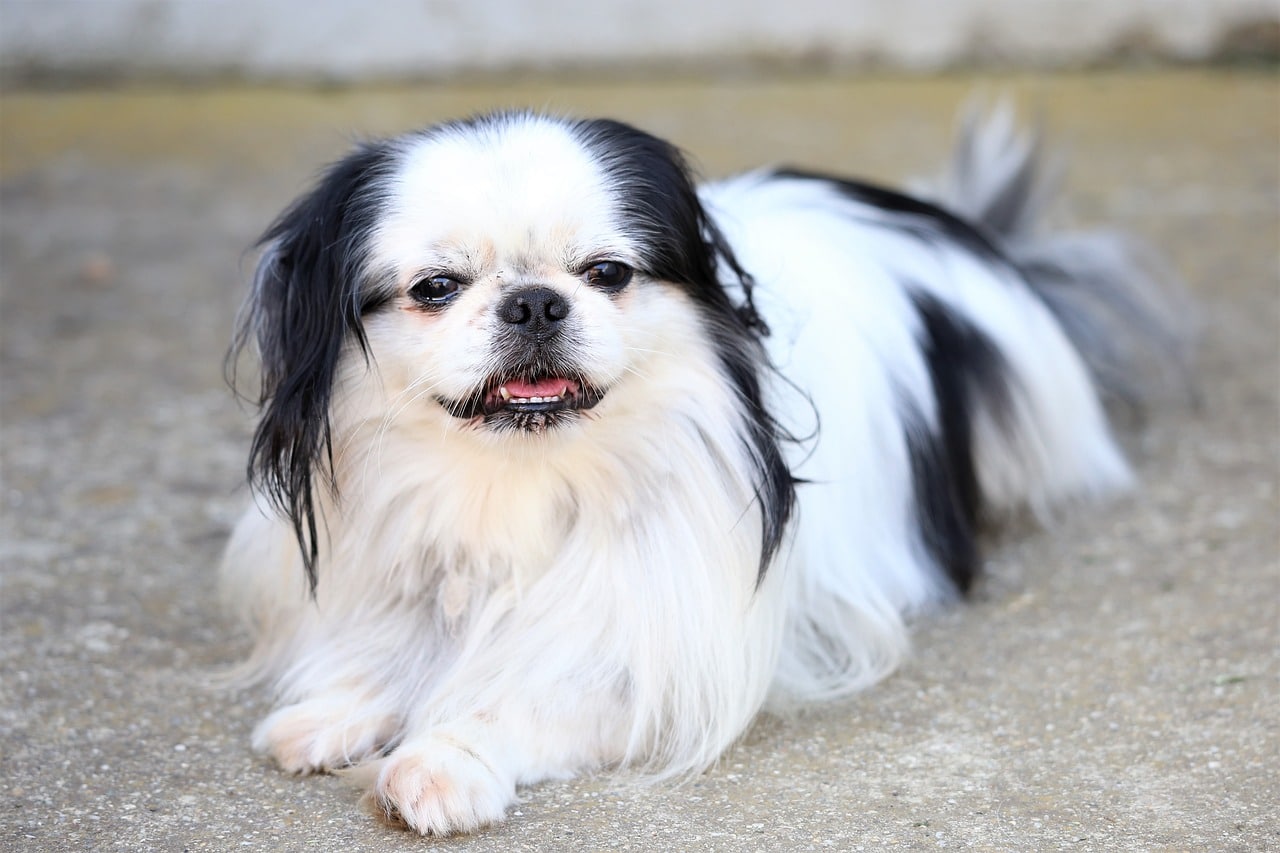 Shutterstock
ShutterstockJapanese Chins are small, elegant dogs with a distinctive pushed-in face and small mouths, which can lead to dental issues. The breed’s brachycephalic (short-nosed) structure often results in crowded teeth, which can trap food and bacteria, resulting in plaque buildup and periodontal disease. Regular dental care, including professional cleanings and daily brushing, is essential for Japanese Chins. Providing dental chews and a balanced diet can also help reduce the risk of dental disease. Owners should be vigilant for signs such as bad breath, difficulty eating, and inflamed gums and seek veterinary care promptly.
The Pup Dental Drama You Didn’t See Coming
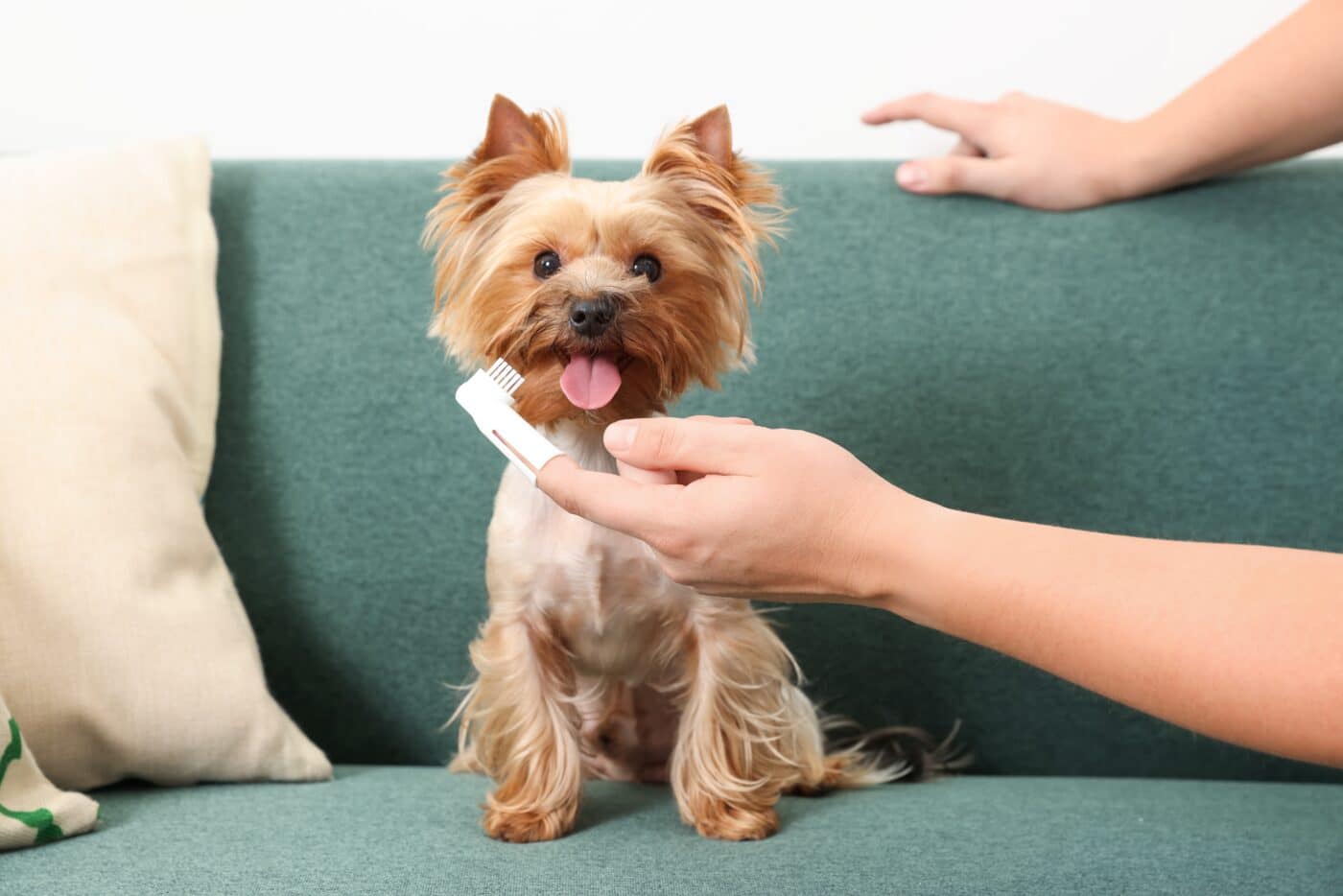 Shutterstock
ShutterstockThese dog breeds are especially prone to dental disease due to their mouth structure and genetic predispositions. Regular dental care, including professional cleanings, daily brushing, and dental chews, is crucial for their oral health. Owners should watch for signs of dental issues and seek veterinary care promptly to prevent serious problems. By understanding these breeds’ specific needs, owners can help their dogs lead healthy, comfortable lives with fewer dental concerns. Staying proactive ensures these pups maintain their bright smiles and overall well-being.

 3 weeks ago
12
3 weeks ago
12












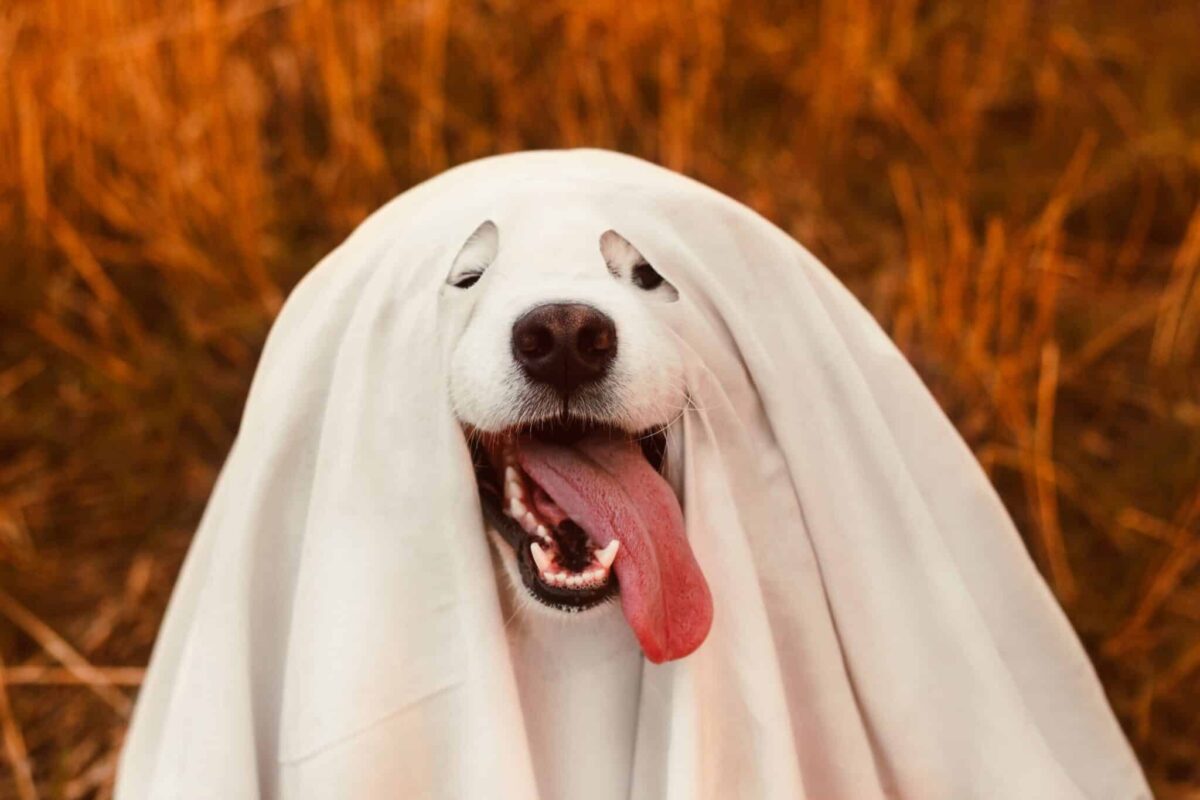


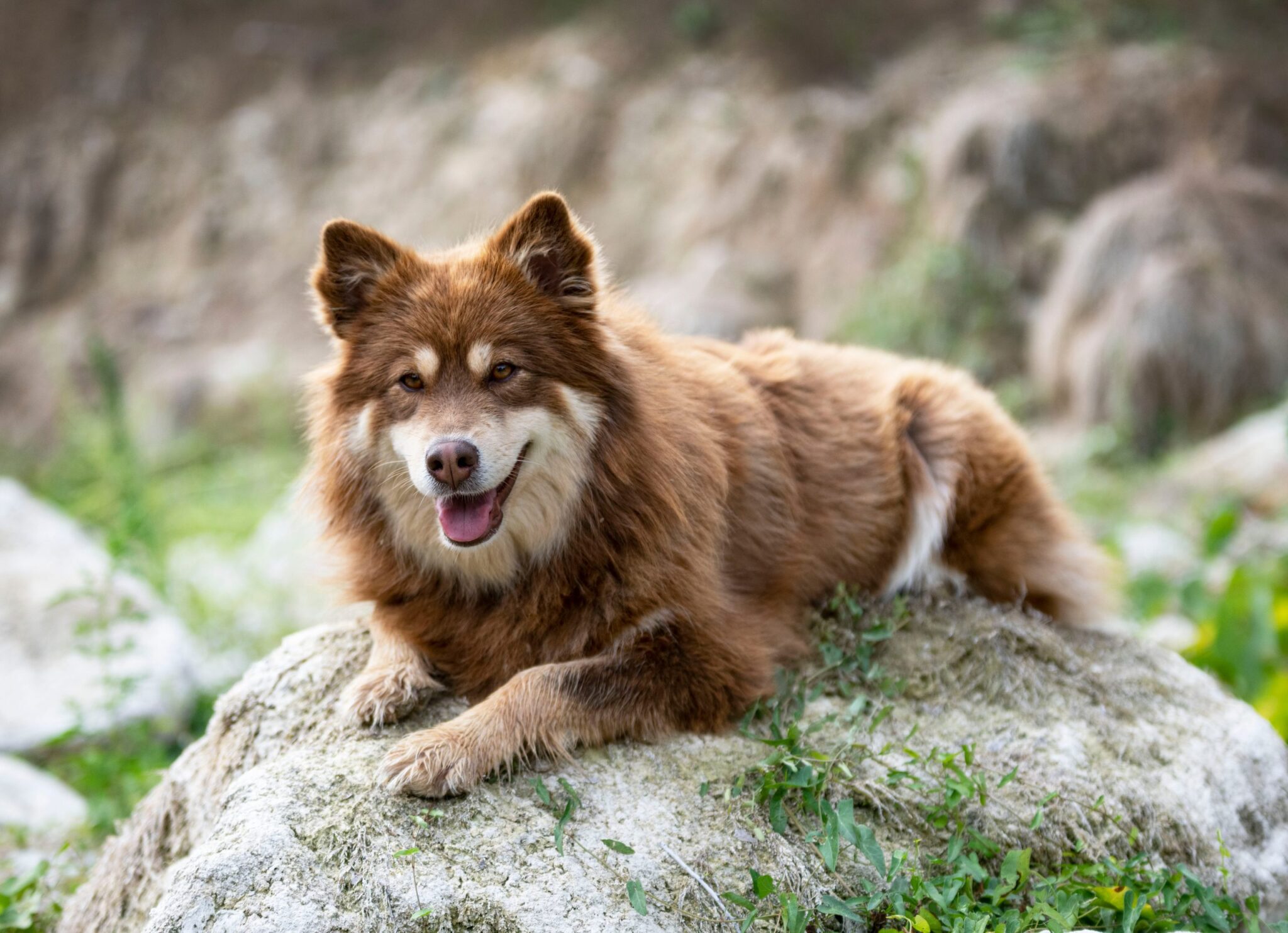


 English (US) ·
English (US) ·